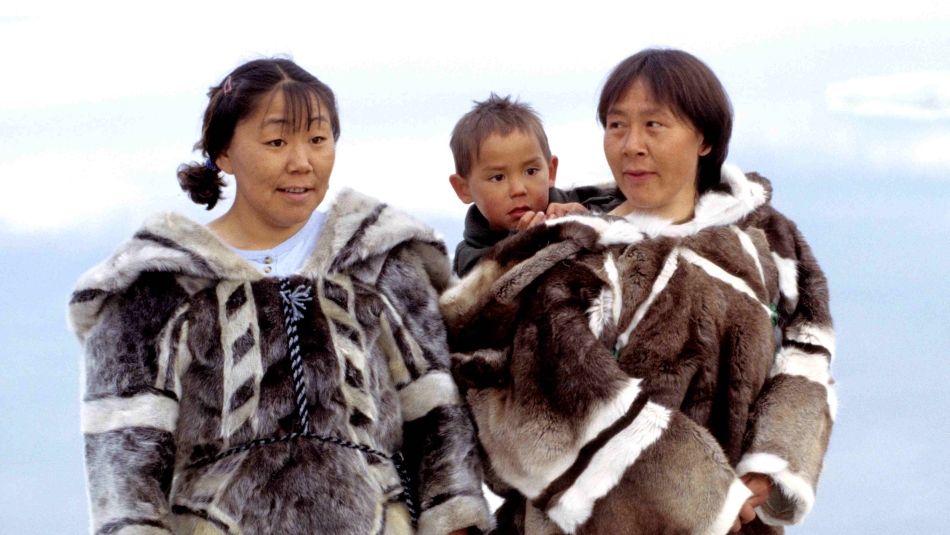
Share
Re-posted from resources at the United Nations. Photo by by Ansgar Walk.
Indigenous Peoples in the future of AI
As global legal and ethical frameworks on AI take shape, from the UN to private initiatives like OpenAI, there is a growing risk that Indigenous Peoples and their knowledge systems are left out. To build just and inclusive technologies, the meaningful participation of Indigenous Peoples is essential. United Nations Declaration on the Rights of Indigenous Peoples (UNDRIP) Article 18 affirms the right of Indigenous Peoples to participate in decision-making on matters that affect them.
AI is not neutral. It can amplify injustice or be a tool to uplift rights
AI systems often exclude or misrepresent Indigenous Peoples, reflecting colonial biases. Yet, when developed, implemented and governed ethically, AI can support language revitalization and cultural preservation. UNDRIP Articles 13 & 31 affirm Indigenous Peoples’ right to transmit and control their cultural knowledge. No use of Indigenous data or heritage should happen without Free, Prior and Informed Consent.
AI can perpetuate historical injustice or be a tool for healing
When Indigenous Peoples’ knowledge is used without Free, Prior and Informed Consent, it echoes centuries of cultural appropriation. But when done right, AI can be a tool for communities to revitalize and teach their languages, traditions and histories. UNDRIP Article 31: Indigenous Peoples have the right to control and develop their cultural heritage.
AI’s appetite for critical minerals threatens Indigenous Peoples lands and territories, but it doesn’t have to
From mining to water use, AI’s environmental cost can deepen harm to ecosystems Indigenous Peoples depend on. But Indigenous-led innovation offers pathways to balance tech and nature. UNDRIP Article 25 affirms the right to maintain spiritual relationships with ancestral lands. Let’s center Indigenous Peoples’ knowledge in building sustainable AI.
The digital divide isn’t just about access, it’s about voice and power
AI governance must include Indigenous Peoples not only as users, but as co-creators and regulators. UNDRIP Article 18 guarantees Indigenous Peoples’ right to participate in decision-making on matters that affect them. From Indigenous language tools to data sovereignty, Indigenous Peoples are shaping AI on their own terms.
Indigenous Peoples are not just subjects of AI, they are creators and innovators
From coding to advocacy, Indigenous youth and elders are designing ethical AI grounded in sovereignty and wisdom. UNDRIP Articles 14 & 31 support intergenerational knowledge and education that reflect Indigenous Peoples’ values. Let’s support Indigenous-led tech futures rooted in respect, resilience and rights.


